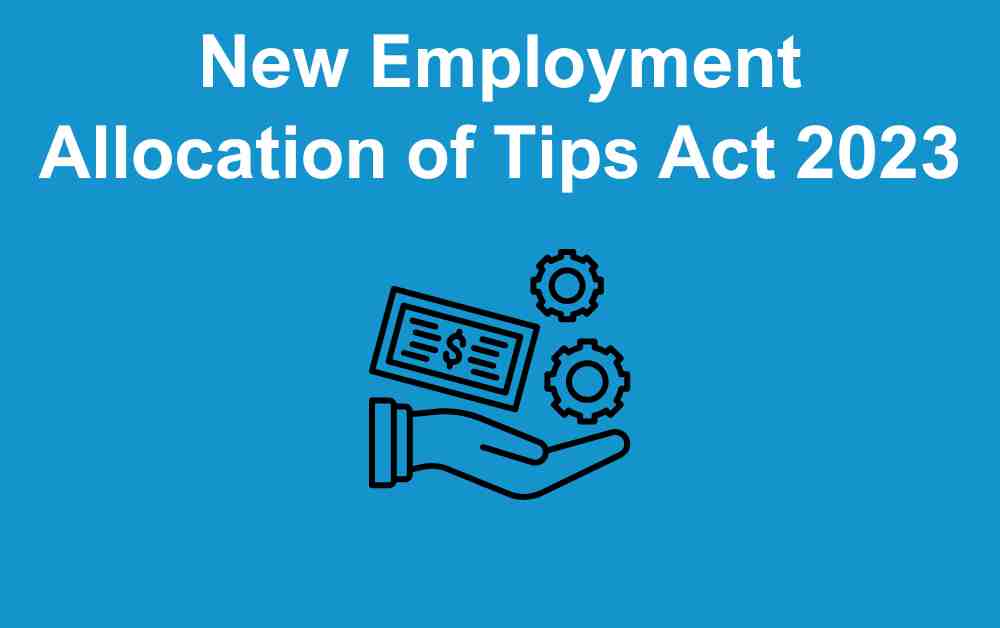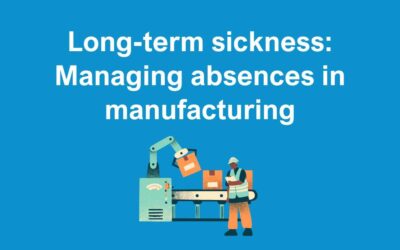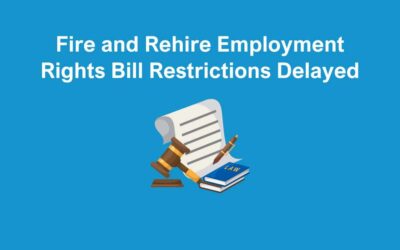From 1st October 2024, under the Employment Allocation of Tips Act 2023, employers must ensure that tips, gratuities, and service charges are given to their workers in full, without deductions, and are distributed fairly and transparently. The treatment of tips in the UK hospitality sector has long been a topic of debate, often creating tension between staff, employers, and also customers. With the introduction of new legislation to transform the allocation of tips, it is crucial for businesses understand and adhere to the new rules.
This blog explores the details of this new law, its objectives, and what employers should do to stay compliant.
Background of the Employment Allocation of Tips Act 2023
For years, tipping practices in the UK have faced scrutiny, especially regarding how businesses handle gratuities left by customers. The new rule was brought in to address these issues and ensure a fairer system. The key points in the legislation include:
Tips Must Be Passed to Staff in Full:
The new law stipulates that employers must pass on all tips, gratuities, and service charges to workers without any deductions including breakages, losses, or administrative costs. This provision applies to cash and also card-based tips, aiming to ensure that staff receive the full benefit of what customers leave for them.
The only time deductions are legally permitted is when they are required by law, such as income tax.
Fair and Transparent Allocation
The Employment Allocation of Tips Act 2023 mandates that tips must be distributed in a way that is fair and transparent. Employers are required to develop a clear policy on how tips are shared among employees. Therefore, this might mean that tips are split based on hours worked, job roles, or other agreed-upon factors. For instance, in hospitality, tips could be shared between front-of-house staff and back-of-house staff in a way that reflects their respective contributions. The focus is on ensuring that all staff members, from kitchen staff to waiting staff, are fairly considered.
If staff regularly receive tips, employers should have a clear policy that outlines how tips and service charges are distributed. All employees must also be able to easily access this policy. Transparency is an important aspect in the employment allocation of tips act 2023 so workers have a full understanding of how their tips are calculated and distributed.
Record-Keeping Obligations
To reinforce the fair distribution of tips, businesses are obligated to maintain records of how tips are allocated and distributed. This allows for inspection and potential intervention if disputes arise or if an employee believes the policy is not being followed properly. Records should be kept for at least 3 years.
Employee Rights to Request Information
Employees are given the right to request information on the handling of tips. This ensures that staff can hold employers accountable and have clarity on how their tips are distributed.
Card payments
If customers pay tips electronically, you must transfer this to your team no later than the month following. It’s important to keep in mind that you cannot deduct processing fees for card payments from your workers’ tips.
Objectives of the Legislation
The primary aim of the Employment Allocation of Tips Act 2023 is to create a transparent and fair system that benefits employees who earn tips. By preventing employers from skimming off gratuities or using them for operational purposes, the legislation reinforces the principle that tips are an expression of customer satisfaction meant for employees, not an extension of business revenue.
Moreover, this move is expected to foster a more positive working environment. Knowing that tips are fairly distributed can boost morale, improve trust between staff and management, and potentially increase retention rates within the hospitality sector.
Key Steps for Employers to Ensure Compliance with the Employment Allocation of Tips Act 2023
Review and Audit Practices Regularly
- Periodically audit your tipping practices and records to confirm ongoing compliance with the Act.
- Make adjustments as needed based on employee feedback or any updates to the law.
- If you are retaining a proportion of tips or service charges, you must stop this immediately.
Train Management and Payroll Staff
- Ensure that managers and payroll teams understand the legal requirements under the new Act.
- Provide training on how to handle tips correctly and maintain compliance with the new regulations.
Our HR Consultants have delivered management training to a large number of businesses. You can find out more about our management training on our website.
Develop a Clear Tip Distribution Policy
- Create a comprehensive, written policy detailing how tips, gratuities, and service charges are collected and distributed among employees.
- Ensure the policy is fair, transparent, and accessible to all staff.
Stay Informed on Updates
- Keep up-to-date with any further guidance or amendments related to the Employment Allocation of Tips Act 2023.
- Engage with industry resources, legal advisers, or trade associations to stay informed and to adapt swiftly if new regulations or clarifications are issued.
By following these steps, employers can foster trust among employees, maintain compliance with the Act, and create a transparent working environment that values and fairly compensates all staff members.
What Will Happen if a Business is found to not follow the new rules
Legal Penalties and Fines
Employers who fail to adhere to the rules may face legal action. Furthermore, this could result in fines or other penalties imposed by relevant authorities. This is designed to encourage compliance and ensure fair treatment of employees.
Mandatory Compensation to Employees
In cases where it is proven that these funds were withheld or not distributed fairly, businesses may be required to compensate affected employees for the amount they were entitled to receive.
Damage to Reputation
Being found in breach of the Employment Allocation of Tips Act 2023 can damage a business’s reputation, impacting customer trust and staff morale. Negative publicity surrounding unfair tipping practices could lead to loss of customers and also difficulties in recruiting or retaining staff.
Increased Scrutiny
Non-compliance could result in increased oversight and scrutiny from authorities. Therefore, businesses that violate the rules may be subject to more frequent inspections and audits to ensure future adherence.
Potential Legal Claims
Employees who believe they have not received their fair share of tips can raise complaints or pursue legal action against the employer. This could lead to disputes and legal costs for the business.
To avoid these consequences, it is crucial for businesses to establish clear and compliant practices around tip allocation. It’s also essential to ensure thorough communication and transparency with their staff.
Final Thoughts
The Employment Allocation of Tips Act 2023 is a welcome change aimed at creating a fairer, more transparent tipping system. By mandating the direct and complete transfer of tips to staff, this law acknowledges the hard work of hospitality workers. It also seeks to uphold the trust customers place in the practice of tipping.
The long-term benefits of improved staff morale, retention, and customer trust make the effort worthwhile. As this new era of tipping regulation unfolds. This is vital to stay informed and compliant to foster a thriving and equitable hospitality sector.







